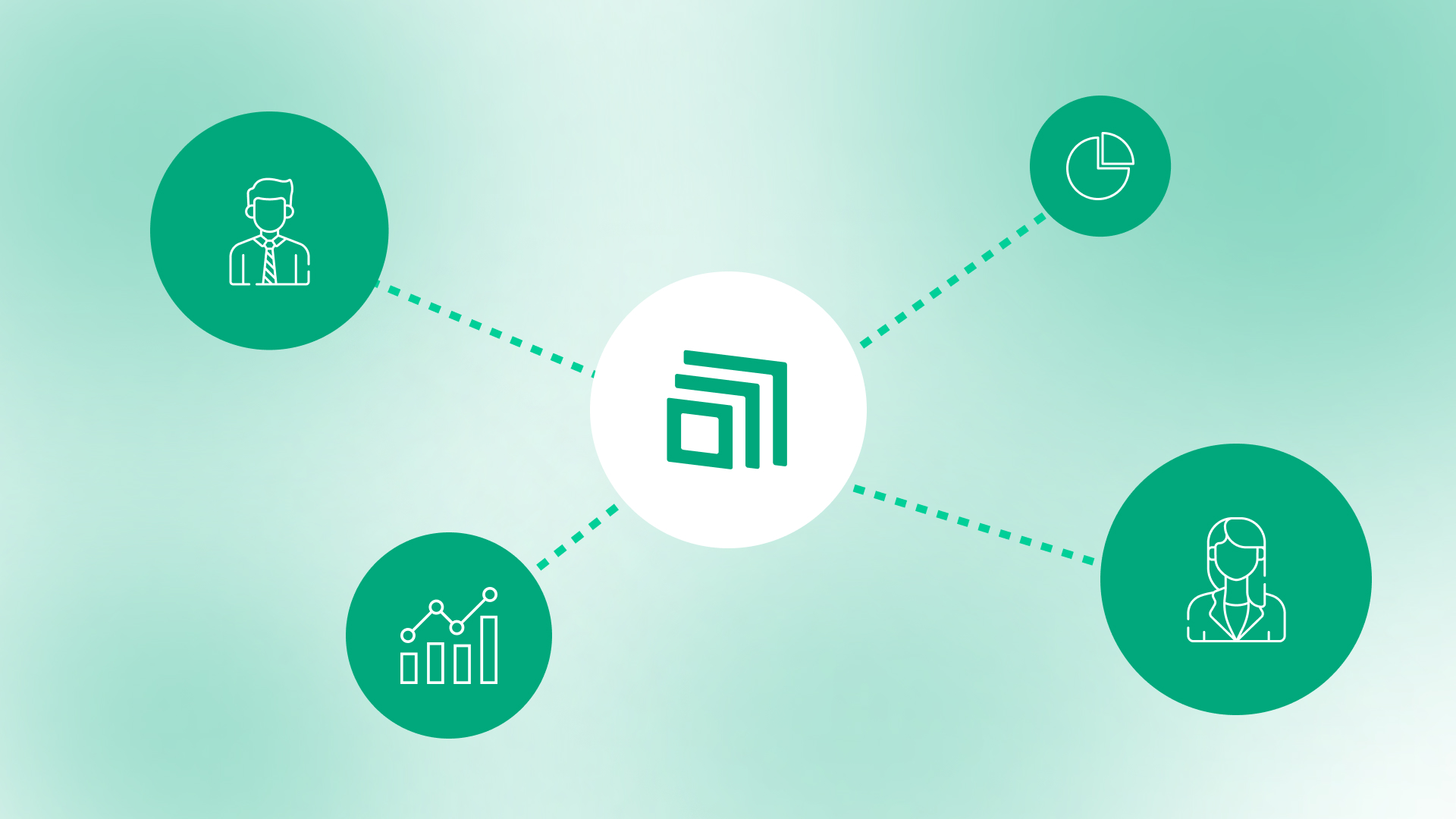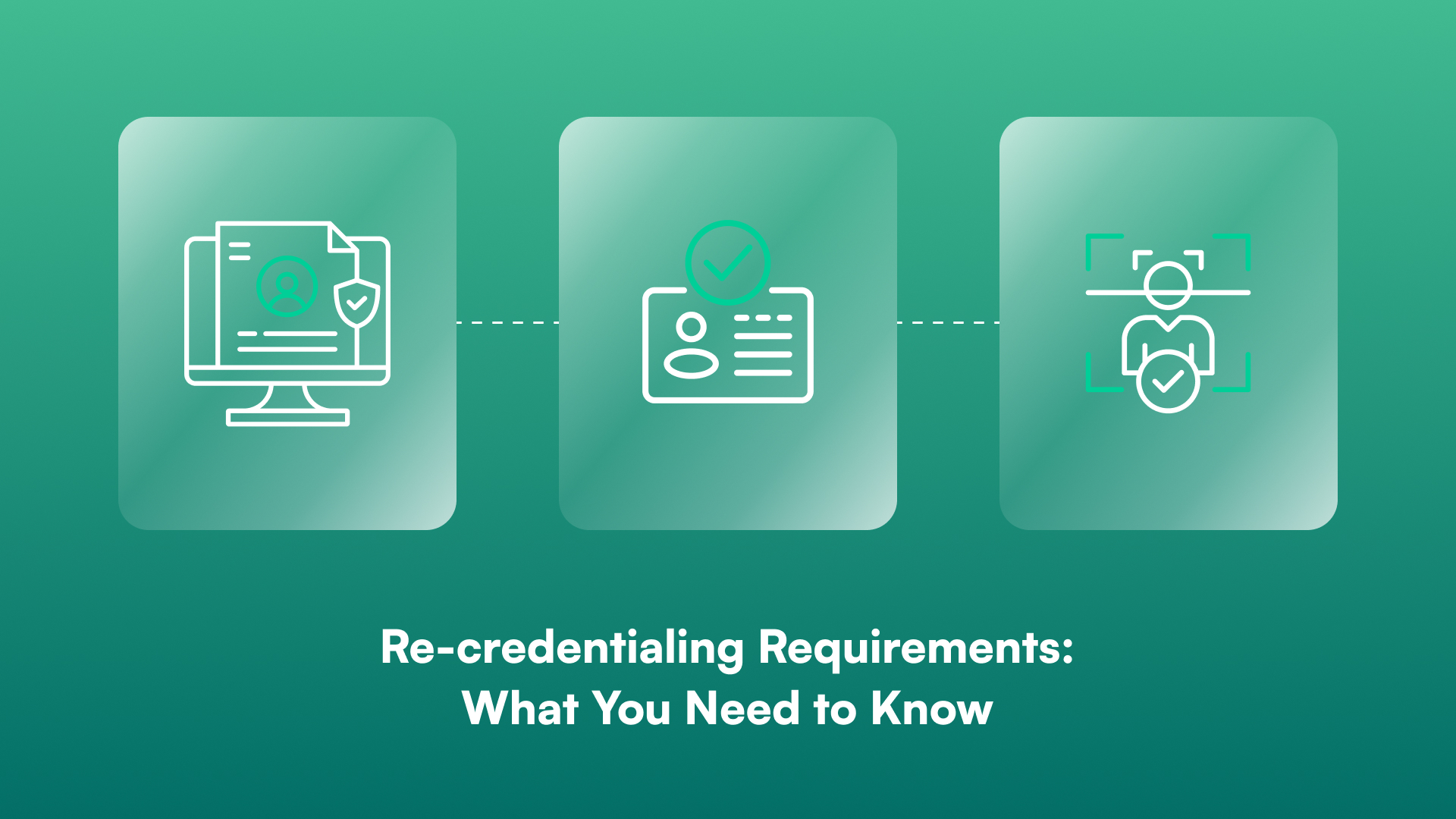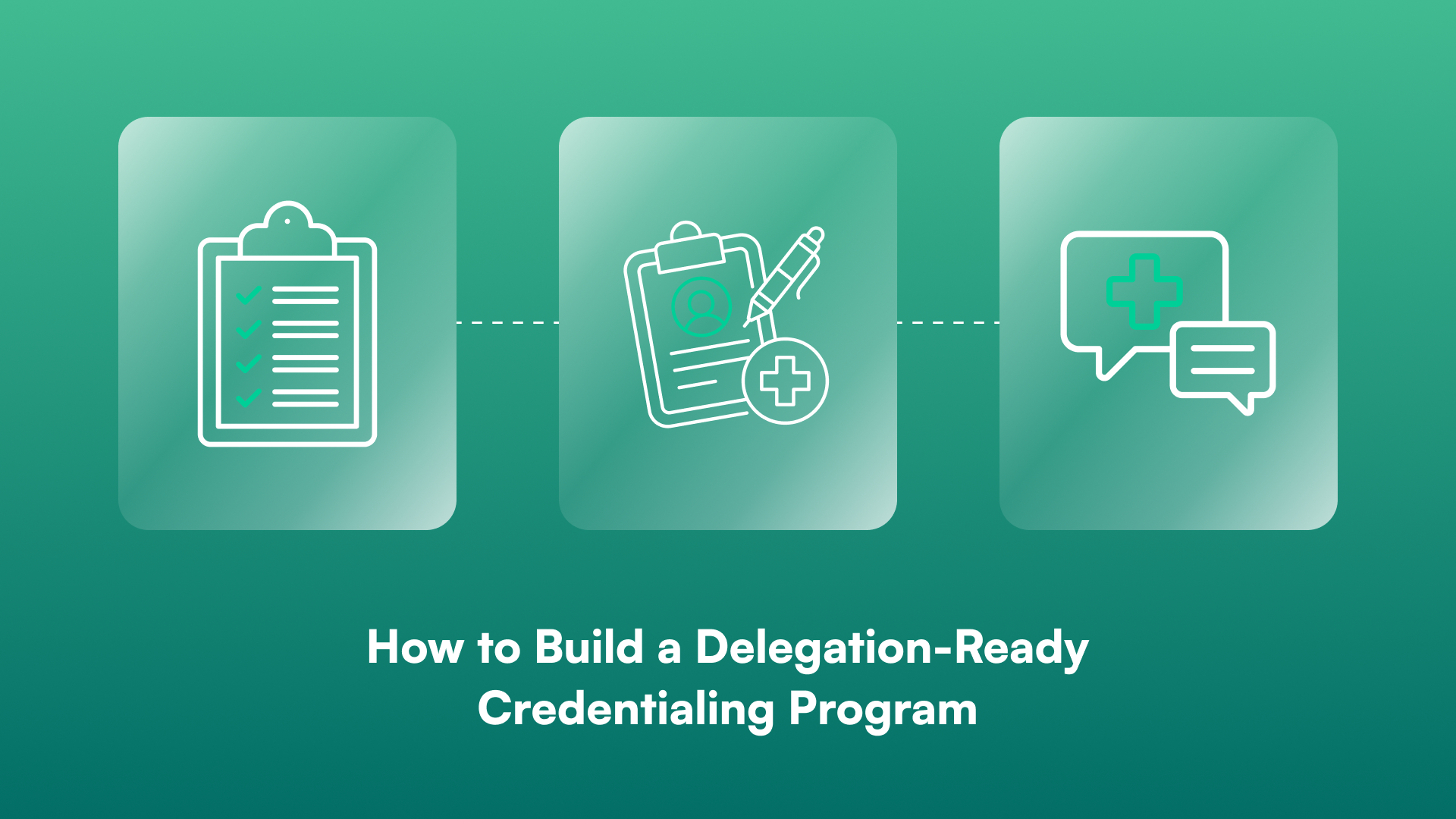In healthcare, trust starts with how well you protect your data. Every workflow, from provider credentialing to payer enrollment, involves sensitive information, and any lapse in security can have massive consequences.
According to the 2024 Cost of a Data Breach Report by IBM and the Ponemon Institute, the average cost of a healthcare data breach in 2024 was $9.77 million per organization.
These aren’t just numbers. Each exposed record, missed credentialing deadline, or failed audit can derail operations, delay reimbursements, and damage your organization’s reputation, which is why healthcare organizations must prioritize security.
At Assured, we don’t treat data protection as an add-on, but as the foundational part of our technology. We protect your data during credentialing, payer enrollment, licensing, and network management, utilizing AES-256 encryption, SOC 2-compliant hosting, and NCQA-certified practices.
With Assured, you're not just getting efficient solutions, but also the peace of mind that your healthcare operations are secure from the inside out. Our comprehensive security measures are designed to give you confidence in the face of potential threats.
The urgency of data security across healthcare operations
Healthcare organizations are constantly threatened, either by cyberattacks or accidental data exposures. According to the 2024 HIMSS Cybersecurity Survey, 90% of healthcare organizations experienced a data breach in 2024. These breaches affected patient records, disrupted credentialing timelines, delayed payer submissions, and compromised operational performance.
The financial impacts of these attacks are just as steep as the risks. HIPAA violations can lead to fines of $10,000 or more per incident, while inefficiencies tied to a 90-day credentialing delay can cost the following amounts:
1. For a high-revenue specialist (e.g., a surgeon):
The estimated hospital revenue per day: $15,000 (more reflective of high-volume, high-cost specialties like neurosurgery, cardiovascular, or transplant surgery)
Therefore, the total revenue loss over 90 days will be:
15,000×90 = $1,350,000
2. For an average provider (e.g., primary care physician):
The estimated hospital revenue per day: $1,000 (unchanged, as primary care generates less hospital revenue)
Therefore, the total revenue loss over 90 days will be:
1,000×90 = $90,000
3. For a high-earning specialist (e.g., a surgeon earning about $760,000 annually):
Daily salary: $2,082 (as before)
Total salary cost over 90 days:
2,082×90 = $187,380
4. For a primary care physician (salary about $240,000 annually):
Daily salary: $657
Total salary cost over 90 days:
657×90 = $59,130
These figures, although high, do not account for reputational damage or staff burnout resulting from repeated compliance scrambles.
The statistics above highlight the critical importance of security, which cannot be overstated. So far, about 65% of healthcare organizations plan to expand operations, and without strong systems in place, scaling operations can quickly introduce new vulnerabilities.
Real-world examples of healthcare security failures and revenue loss
- UMC Health System in Texas: In September 2024, UMC Health System experienced a ransomware attack that disrupted their credentialing system for nearly three weeks. During that time, 40 new providers were unable to be onboarded, resulting in delayed enrollment with major payers. The result? Over $300,000 in delayed reimbursements, plus the costs of data recovery and IT overtime.
- Texas Tech Health Sciences Center: Also in September 2024, hackers accessed sensitive data of over 1.4 million patients from Texas Tech's Lubbock and El Paso locations. The breach included personal and medical information.
- Behavioral Health Services in California: A California behavioral health group lost over $75,000 in reimbursements over four months due to lapsed recredentialing deadlines that went unnoticed because of scattered tracking systems and no automated alerts. The issue came to light only during a surprise compliance audit.
These incidents—lost revenue, delayed operations, and compromised trust—highlight the devastating cost of inadequate security, driving Assured to embed robust protection into every workflow. Unlike fragmented tools that leave gaps, our platform is purpose-built to eliminate vulnerabilities like those seen in ransomware attacks or missed credentialing deadlines.
By combining cutting-edge technology with rigorous compliance, Assured ensures your data and workflows are protected at every touchpoint.
Assured’s robust security measures for your healthcare operations
Assured not only protects your data but also integrates security into every layer of your operations. Our platform is designed to meet the highest standards of healthcare data protection while fostering lasting trust with payers, providers, and patients.
1. End-to-end encryption
We utilize AES-256 encryption to safeguard data at rest and employ TLS 1.2+ protocols for secure data transmission. This dual encryption ensures that every document, credential, and transaction is protected, whether stored in the system or being transferred between payers and partners.
2. Role-based access control (RBAC)
Our role-based access control (RBAC) system ensures users only access what they need to perform their duties. Guided by the principle of least privilege, this reduces internal risk and keeps sensitive data shielded from unnecessary exposure.
3. SOC 2-compliant hosting
All data is hosted on a SOC 2-compliant infrastructure that features hardened servers and isolated databases, protecting against cyberattacks and data breaches. This ensures your data is protected both physically and digitally in a trusted cloud environment.
4. Proactive threat defense
Our platform is not just secure, but proactive. We continuously monitor it with Security Information and Event Management (SIEM) tools, and conduct regular vulnerability assessments and penetration testing to stay ahead of evolving threats. This proactive approach ensures that your data is always one step ahead of potential breaches.
5. Secure access for admins and users
We further protect your access through multi-factor authentication (MFA), which is required only on authorized devices. This additional layer of security ensures that even if login credentials are lost or stolen, they cannot be used without verification.
6. Regulatory compliance and transparency
Assured is NCQA-certified, which means we undergo regular security audits, vendor compliance checks, and background verifications for sensitive access roles. We maintain a comprehensive vendor management program that includes security assessments of all third-party providers, ensuring they meet our strict security standards before they can access or process your data.
At Assured, security is not just a feature, it's a culture. Our internal teams participate in mandatory quarterly security awareness training sessions covering the latest threats and best practices. This regular training, combined with our clearly defined privacy policy, ensures that every member of our team is committed to keeping your data safe.
7. Secure development cifecycle (SDLC)
For us, security isn’t an afterthought; instead, it’s integrated directly into our secure software development lifecycle (SDLC). Every update, every integration, and every new feature follows our secure Software Development Life Cycle (SDLC) protocol to maintain high standards, minimize damage, and ensure seamless restoration of functionality.
8. Incident response and uptime
We follow a tested incident response plan that minimizes downtime and data loss. With 99.9% uptime and the trust of over 500 healthcare providers, we offer you more than just protection; we also provide the peace of mind that comes with knowing your operations are secure, scalable, and compliant.
How Assured secures your healthcare operations
Instead of juggling multiple disconnected tools, Assured provides a single, efficient, and secure platform at every touchpoint.
As you upload licensure documents, initiate reappointment reviews, or submit CAQH updates, you can be confident that your data is encrypted, access-controlled, and supported by automated audit trails.
Here’s how we secure your operations.
1. Integrated protection across workflows
Thanks to AES-256 encryption for data at rest and SOC 2-compliant cloud hosting, your entire workflow is protected against breaches and unauthorized access.
There's no need for complicated configurations or extra software because security is guaranteed from the start.
2. Built-in compliance assurance
Regulatory compliance is one of the biggest challenges in healthcare operations. Assured addresses it head-on with NCQA certification, meaning our processes meet nationally recognized standards for credentialing, provider data accuracy, and verification.
This instills confidence in your organization when facing audits, payer reviews, or accreditation requirements.
3. Efficiency with peace of mind
Assured integrates seamlessly with major EHRs and payer systems, allowing you to eliminate duplicate data entry, automate key tasks, and cut setup time by up to 40%.
More importantly, this efficiency does not compromise security. Our integrations are protected by the same encryption and access controls that secure the entire platform.
4. A track record of trust
A multi-specialty group with 200+ providers recently transitioned to Assured and saw 100% data integrity across credentialing, enrollment, and compliance.
By using our automated tracking, centralized document management, and audit-ready reports, they eliminated redundant credentialing work and significantly reduced their audit exposure.
5. Reduced risk and real savings
With automated reminders for expiring licenses and upcoming reappointments, secure digital storage for credentialing files, and 24/7 system monitoring, your team stays ahead of deadlines and compliance checks.
Clients have reported avoiding fines of over $10,000 and saving dozens of hours that would have been spent on last-minute document gathering and follow-ups.
The result? More time for high-impact work, and less time fixing preventable errors.
Wrapping up
Assured doesn’t just help you manage healthcare operations; we help you secure them. From real-time provider verification and automated recredentialing workflows to strict compliance protocols and 24/7 data protection, every feature is designed to give you control, confidence, and compliance.
As healthcare organizations expand and security threats increase, systems like ours become crucial. With our AES-256 encryption, SOC 2-certified hosting, and NCQA-backed compliance, we enable you to minimize data risks, reduce delays, and operate with confidence.



.png)


.png)


